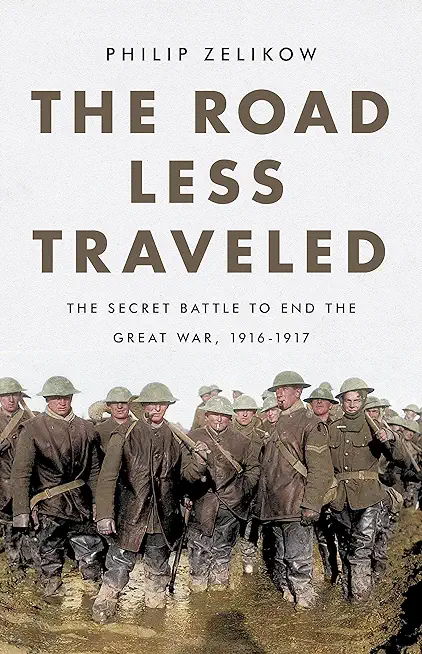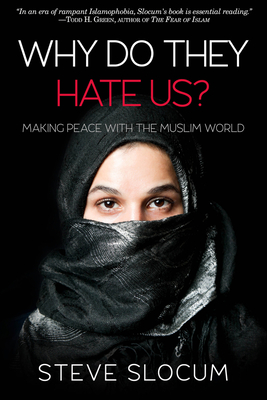
Zelikow, Philip
product information
description
tion looks at the pivotal few months in the middle of the First World War, when all sides--Germany, Britain, and America--believed the war could have been concluded and changed the course of history. Two years into the most terrible conflict the world had ever known, the warring powers faced a crisis. There were no good military options. Money, men, and supplies were running short on all sides. The German chancellor secretly sought President Woodrow Wilson's mediation to end the war, just as British ministers and France's president also concluded that the time was right. The Road Less Traveled describes how tantalizingly close these far-sighted statesmen came to ending the war, saving millions of lives, and avoiding the total war that dimmed hopes for a better world. Theirs was a secret battle that is only now becoming fully understood, a story of civic courage, awful responsibility, and how some leaders rose to the occasion while others shrank from it or chased other ambitions. "Peace is on the floor waiting to be picked up!" pleaded the German ambassador to the United States. This book explains both the strategies and fumbles of people facing a great crossroads of history. The Road Less Traveled reveals one of the last great mysteries of the Great War: that it simply never should have lasted so long or cost so much.
member goods
No member items were found under this heading.
Return Policy
All sales are final
Shipping
No special shipping considerations available.
Shipping fees determined at checkout.







